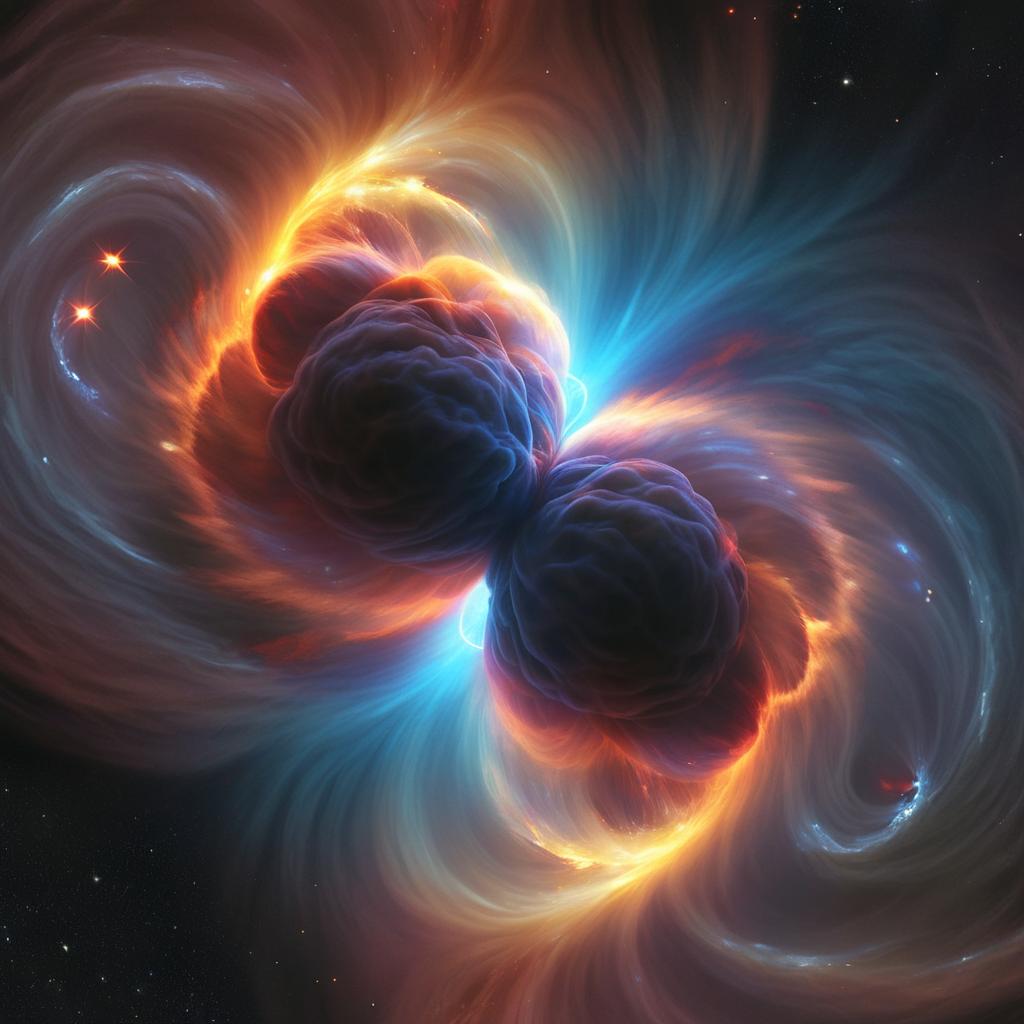Life on our planet originated in the early period of the Earth’s history, when chemical ingredients were not enough for its development. There is a hypothesis that the building blocks of life appeared due to comets and asteroids. However, new research points to a possible important contribution of cosmic dust to this process.

For a long time it was believed that cosmic dust could not be the main source of the origin of life because of the way of its distribution. But scientists have discovered that this dust can accumulate in sedimentary deposits, causing a concentration of prebiotic material.
The research team used estimates of the rate of accumulation of cosmic dust and computer simulations to study its distribution in sediments over time. It turned out that the dust concentration was significantly higher than in the case of collisions with comets and asteroids. Also, important was the role of melting and freezing of glacial areas, which contributed to an increase in the concentration of chemicals.
These findings indicate that cosmic dust may have played a key role in the origin of life. Its concentration in certain regions, such as subglacial lakes, may be an important condition for the formation of prebiotic chemicals.
Although there is still a lot to learn about early life and the processes of its formation on Earth, it is already obvious that cosmic dust played an important role in creating the building blocks of life. The dust formed substances that eventually became the basis for the emergence of all life on Earth.
Earlier we reported on how moon dust would save the Earth from global warming.
According to universetoday.com
Follow us on Twitter to get the most interesting space news in time
https://twitter.comne/ust_magazine

